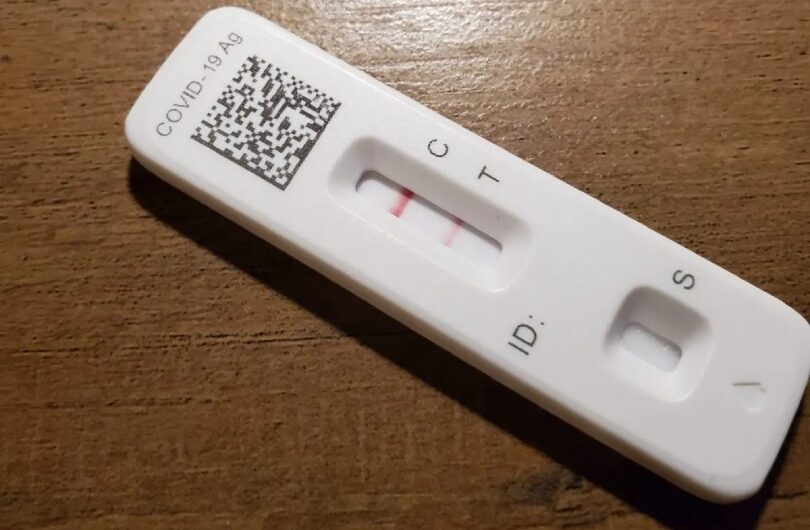Have you ever wondered how new medicines and treatments go from the laboratory to your local pharmacy? The journey involves a crucial phase called clinical trials. But what exactly are
clinical trials, and how do they differ from the treatments you commonly receive from your doctor?
In this post, we will discuss clinical trials, explore the differences between clinical trials and standard treatments, and shed light on their respective roles in healthcare.
Standard Medical Treatment
Standard treatments, tried and tested over years of research and practice, form the background of modern medicine. These treatments come in various forms, including medications, surgical procedures, and radiation therapy for cancer. What sets standard treatments apart is their proven effectiveness and safety assurance through extensive research and clinical trials.
Standard medications undergo thorough research and testing for safety and efficacy before becoming part of the approved treatment arsenal. Surgical procedures are well-defined, precise techniques; most modern medicines or standard treatment options have undergone clinical trials.
Clinical Trials or Trial Medicines
Clinical trials are crucial in testing and perfecting medical treatments. They are like organized experiments to ensure new therapies are safe and work. These trials go through different stages, starting with a small group and then including more people to see how the treatment affects them.
In the world of healthcare, clinical trials offer unique advantages. People who take part often get to try new treatments before many others, potentially benefiting from new ideas before they’re widely used.
Additionally, being in a clinical trial helps researchers learn more about diseases and how to treat them better. Also, participants get special attention and regular check-ups, ensuring they are cared for throughout the trial.
Ethical standards are the vital rules guiding clinical trials, ensuring the people in the trial are safe and well taken care of. Participating in or supporting these trials, people actively help advance medical knowledge and promote a healthier future.
Once the medicines or treatments are passed through clinical trials and receive regulatory approval, they are considered the standard public treatment.
Final Words
Understanding the differences between clinical trials and standard treatments is crucial for making informed healthcare decisions. Clinical trials promise innovation and potential breakthroughs, while standard treatments provide proven and established ways to manage various medical conditions.
Both play significant roles in the advancement of medicine, ultimately helping the society to fight the diseases. Clinical trials often conclude and become the standard treatment option you might be availing of.
Related Post:
Topics
#Clinical Trials












